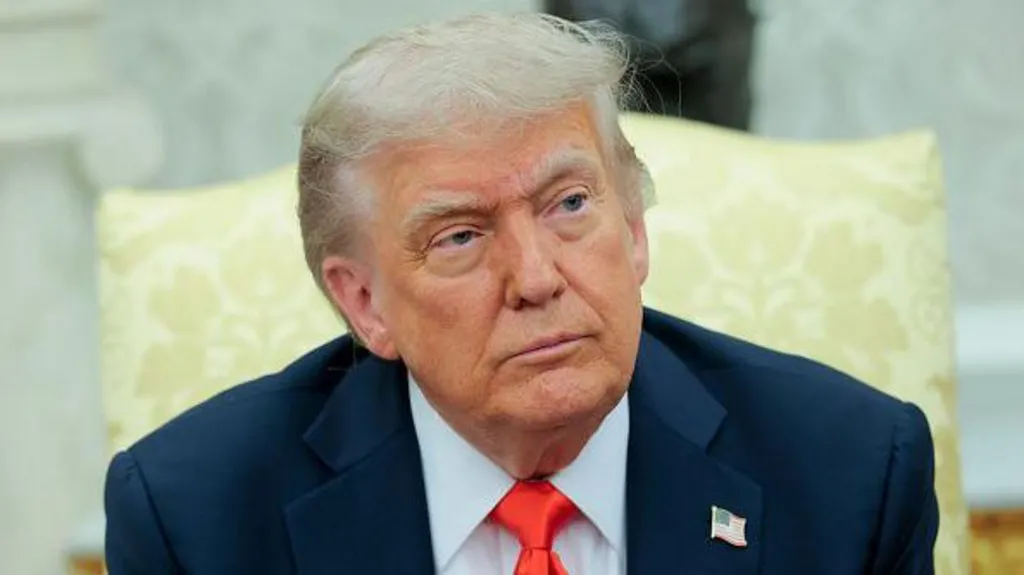Washington, D.C. – In a move that has reignited fierce national debate over immigration policy, President Donald Trump has ordered a sweeping expansion of migrant detention and deportation across the United States. The directive, announced Monday via his Truth Social account, comes amid growing public outcry and widespread protests in major U.S. cities, including Los Angeles, Chicago, and New York.
Trump referred to the initiative as “the biggest mass deportation program in history,” and called on federal agencies to “do all in their power” to enforce immigration laws more aggressively. Sanctuary cities were singled out as key targets in what Trump calls a renewed push to “restore domestic peace.”
Trump Mobile T1 Phone: Price, Specs, and How to Pre-Order the Gold Smartphone
Protests and Backlash
Trump’s announcement comes as protests under the banner of the “No Kings” movement continue to grow. On June 14, demonstrators marched in dozens of cities nationwide, denouncing the administration’s hardline immigration tactics. The protests coincided with a military parade in Washington, D.C., commemorating the 250th anniversary of the U.S. Army and the president’s 79th birthday.
Tragically, a shooting incident during the Salt Lake City march left one protester dead, further intensifying public scrutiny of the administration’s approach to both protest response and immigration enforcement.
Focus on Sanctuary Cities
Trump has directed immigration officials to prioritize “sanctuary cities”—jurisdictions that limit cooperation with federal immigration authorities. These municipalities, which include many large urban centers, argue they are within their legal rights to protect undocumented immigrants from federal overreach.
The administration’s targeting of these cities deepens ongoing tensions between state and federal governments, with local officials defending their policies as necessary for public safety and community trust.
Agencies Involved and Strategy Shift
The U.S. Immigration and Customs Enforcement (ICE) and Drug Enforcement Administration (DEA) are among the agencies receiving Trump’s full backing. In a public statement, the president urged them to “go, get!” and promised “unwavering support” for their efforts.
Interestingly, just one day prior, the administration announced a pause in workplace raids on farms, restaurants, hotels, and meatpacking plants. According to sources cited by Reuters, the shift is designed to focus deportation efforts on specific urban populations, signaling a strategic pivot that acknowledges the economic importance of immigrant labor in certain industries.
Immigration Enforcement Becomes an Election Issue
As Trump campaigns for the 2024 presidential election, immigration remains one of his most polarizing issues. Polls indicate that a significant segment of his base supports tougher enforcement, viewing it as essential to national security.
However, immigration advocacy groups and human rights organizations argue that the administration’s policies disproportionately impact vulnerable communities. Critics warn of racial profiling, family separations, and long-term psychological trauma for children and adults alike.
A Politically Charged Landscape
Legal challenges to the new deportation directive are already mounting, and dissent is emerging even within Trump’s own party. Still, the administration appears committed to pursuing its immigration agenda with renewed intensity.
As the U.S. barrels toward the 2024 election, immigration is poised to be a defining issue. With pressure mounting from both sides—those demanding tighter borders and those calling for humanitarian reform—the future of immigration policy in America remains uncertain.

